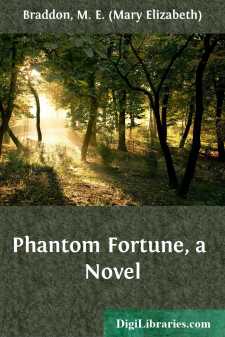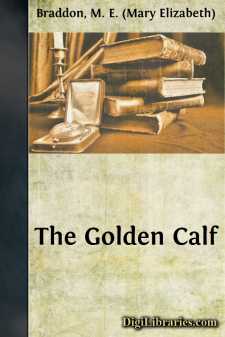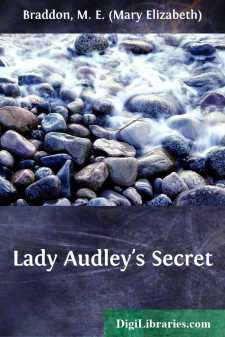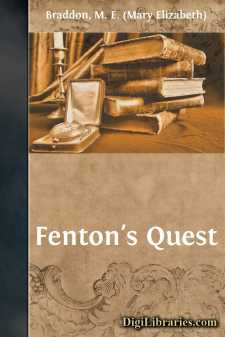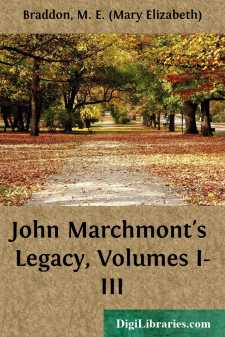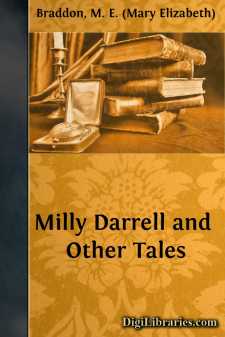Categories
- Antiques & Collectibles 13
- Architecture 36
- Art 48
- Bibles 22
- Biography & Autobiography 816
- Body, Mind & Spirit 145
- Business & Economics 28
- Children's Books 18
- Children's Fiction 14
- Computers 4
- Cooking 94
- Crafts & Hobbies 4
- Drama 346
- Education 58
- Family & Relationships 59
- Fiction 11831
- Foreign Language Study 3
- Games 19
- Gardening 17
- Health & Fitness 34
- History 1378
- House & Home 1
- Humor 147
- Juvenile Fiction 1873
- Juvenile Nonfiction 202
- Language Arts & Disciplines 89
- Law 16
- Literary Collections 686
- Literary Criticism 179
- Mathematics 13
- Medical 41
- Music 40
- Nature 179
- Non-Classifiable 1768
- Performing Arts 7
- Periodicals 1453
- Philosophy 66
- Photography 2
- Poetry 897
- Political Science 203
- Psychology 45
- Reference 154
- Religion 516
- Science 126
- Self-Help 86
- Social Science 82
- Sports & Recreation 34
- Study Aids 3
- Technology & Engineering 59
- Transportation 23
- Travel 463
- True Crime 29
Our website is made possible by displaying online advertisements to our visitors.
Please consider supporting us by disabling your ad blocker.
Phantom Fortune, a Novel
Description:
Excerpt
CHAPTER I.
PENELOPE.
People dined earlier forty years ago than they do now. Even that salt of the earth, the elect of society, represented by that little great world which lies between the narrow circle bounded by Bryanstone Square on the north and by Birdcage Walk on the south, did not consider seven o'clock too early an hour for a dinner party which was to be followed by routs, drums, concerts, conversazione, as the case might be. It was seven o'clock on a lovely June evening, and the Park was already deserted, and carriages were rolling swiftly along all the Westend squares, carrying rank, fashion, wealth, and beauty, political influence, and intellectual power, to the particular circle in which each was destined to illumine upon that particular evening.
Stateliest among London squares, Grosvenor—in some wise a wonder to the universe as newly lighted with gas—grave Grosvenor, with its heavy old Georgian houses and pompous porticoes, sparkled and shone, not alone with the novel splendour of gas, but with the light of many wax candles, clustering flower-like in silver branches and girandoles, multiplying their flame in numerous mirrors; and of all the houses in that stately square none had a more imposing aspect than Lord Denyer's dark red brick mansion, with stone dressings, and the massive grandeur of an Egyptian mausoleum.
Lord Denyer was an important personage in the political and diplomatic world. He had been ambassador at Constantinople and at Paris, and had now retired on his laurels, an influence still, but no longer an active power in the machine of government. At his house gathered all that was most brilliant in London society. To be seen at Lady Denyer's, evening parties was the guinea stamp of social distinction; to dine with Lord Denyer was an opening in life, almost as valuable as University honours, and more difficult of attainment.
It was during the quarter of an hour before dinner that a group of persons, mostly personages, congregated round Lord Denyer's chimney-piece, naturally trending towards the social hearth, albeit it was the season for roses and lilies rather than of fires, and the hum of the city was floating in upon the breath of the warm June evening through the five tall windows which opened upon Lord Denyer's balcony.
The ten or twelve persons assembled seemed only a sprinkling in the large lofty room, furnished sparsely with amber satin sofas, a pair of Florentine marble tables, and half an acre or so of looking glass. Voluminous amber draperies shrouded the windows, and deadened the sound of rolling wheels, and the voices and footfalls of western London. The drawing rooms of those days were neither artistic nor picturesque—neither Early English nor Low Dutch, nor Renaissance, nor Anglo-Japanese. A stately commonplace distinguished the reception rooms of the great world. Upholstery stagnated at a dead level of fluted legs, gilding, plate glass, and amber satin.
Lady Denyer stood a little way in advance of the group on the hearthrug, fanning herself, with her eye on the door, while she listened languidly to the remarks of a youthful diplomatist, a sprig of a lordly tree, upon the last début at Her Majesty's Theatre....


